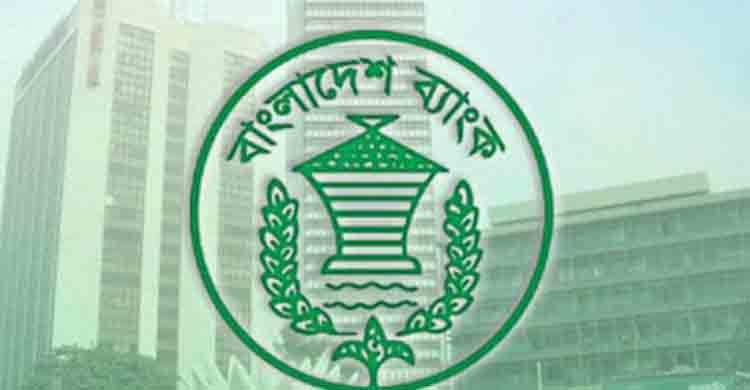Philippines prepared to act against banks in Bangladesh heist

The Philippine central bank will penalize any financial institution it finds to have broken rules in connection with the laundering of $81 million in stolen Bangladesh foreign reserves in early May, Deputy Governor Nestor Espenilla said.
‘If there really is a serious violation of rules, the bank can be punished,’ Espenilla said in an interview late Saturday in Tagaytay, south of Manila.
‘They can be made to pay fines or made to stop or reduce certain businesses. People from board of directors to branch managers can also be sanctioned,’ he said, declining to identify banks or individuals.
Rizal Commercial Banking Corp. which received the $81 million of stolen money, has been at the center of a Senate investigation, with its president and branch manager being asked to testify at a hearing.
The funds were wired from Rizal Bank to remittance company Philrem Service Corp. before being sent on to at least two casinos. Almost all of the money is still missing.
Criminal Investigation
The results of the central bank investigation will be referred to the anti-money laundering council for its own criminal investigation, Espenilla said.
Bangko Sentral ng Pilipinas will need to decide how much of the investigation will be made public as it balances the disclosure with the necessity to ensure the stability of the banking industry, he said.
‘People can overreact and that can result into a bigger problem,’ he said. ‘It might tip over institutions concerned.’
Rizal Bank would consider repaying part of any funds that can’t be recovered if it’s found to be liable, its president told a five-hour Senate hearing in Manila on April 12.
‘If we’re found liable, I would recommend to the board to set aside a certain sum,’ President Lorenzo Tan said.
Casino junket operator Kim Wong has said that he turned over about $5.5 million received from two Chinese nationals to the country’s Anti-Money Laundering Council since March 31, and has pledged to return another 450 million pesos ($9.8 million) that he received from one of the men as a debt payment.
About $18 million remained with Philrem, Wong told the Senate on March 29, a claim that Salud Bautista, president of the remittance company, denied during the Senate hearing. Bautista said the company had delivered all $81 million to Wong’s group.
The central bank is working with other regulators on measures that would strengthen the nation’s anti-money laundering powers by including casinos in its coverage, easing the bank deposit secrecy law, and increasing penalties, Espenilla said.
‘We have to make our financial system as unattractive as possible for bad money to come in,’ the deputy governor said.
The central bank plans to ease rules on foreign exchange to encourage more people to transact in the formal market to reduce black-market activities, Espenilla said.
Source: The Washington Post


